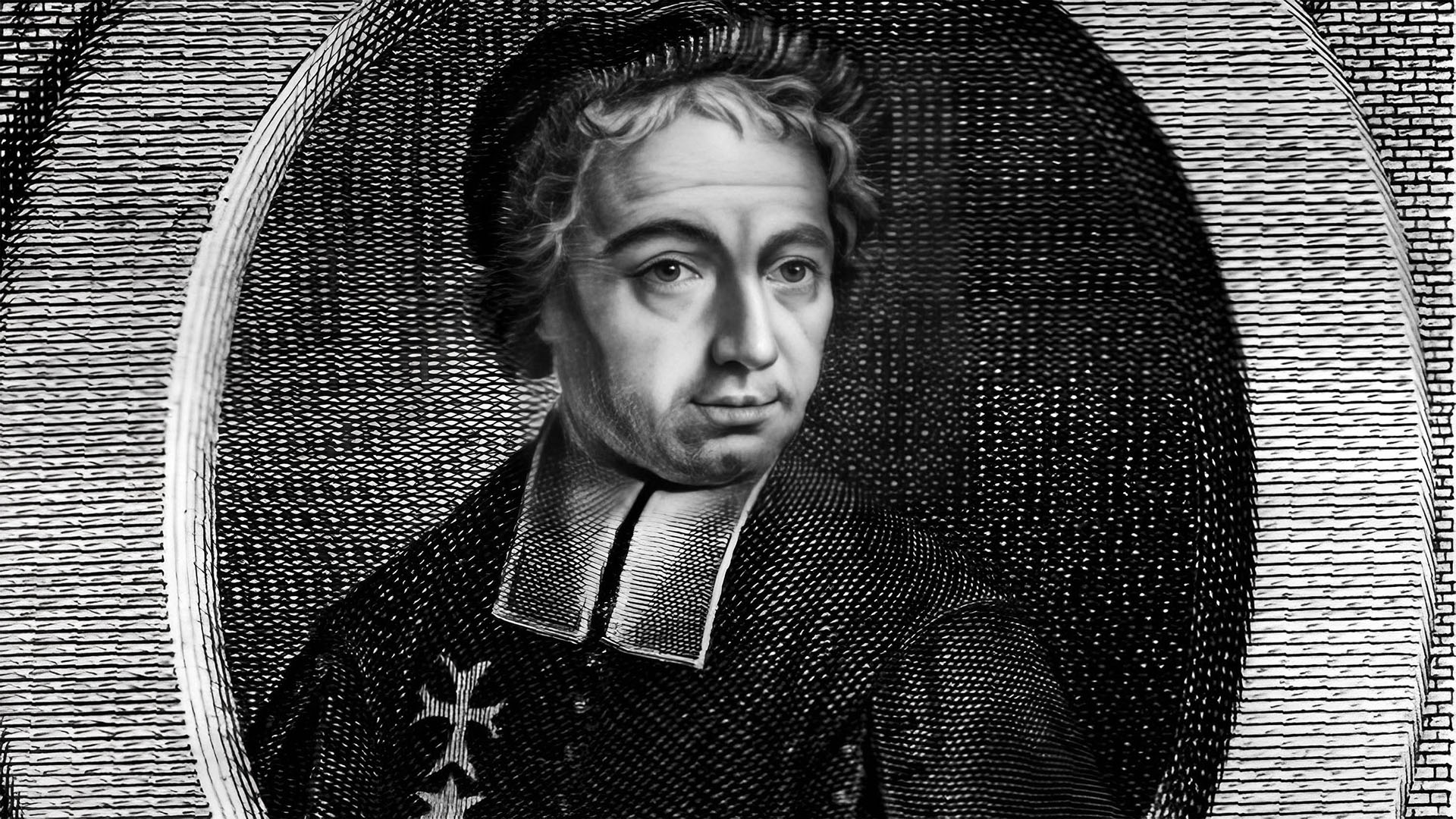Written by Monika Řezáčová

Jan Frantisek Beckovsky
Jan Frantisek Beckovsky was a Czech writer, historian, translator of religious literature, and priest. He was born on 18th August, 1658 in the town Nemecky Brod and died on 26th December, 1725 in Prague.
He most likely visited the grammar school in Nemecky Brod (now called Havlickuv Brod). Later after his leaving, he studied poetry and rhetoric, and from 1680, he was a student of the Philosophical Faculty in Vienna. During the time of his studies in Vienna, Beckovsky helped to bury 70 000 victims in mass graves. These dreadful experiences might have influenced him to take monastic vows with the Knight of the Cross with Red Star in 1684. He dedicated himself to studying theology and after his ordination in 1688, he acted as custodian of the monastery kitchen. Since 1699, he was an administrator of the women’s hospital at St. Agnes in New Town, Prague until his death.
Beckovsky is ranked among the patriotic writers who tried to revive the Czech history. Contrary to many others of the day, his works are written mostly in Czech. About 1700, he travelled around the Czech lands and gathered archival and toponymic material which is reflected in his works.
He is the author of 30 works written in Czech and Latin. One of his greatest assets to raise public awareness of the famous Czech past is the adaptation and expansion of Hajek´s Czech Chronicle which he published under the title Poselkyne starych pribehu ceskych. Another important work is the oldest well-preserved manuscript of the herbarium, containing 117 pages and 200 kinds of dried plants. All of them are labelled with nomenclature in Czech, German and Latin. However, he was not a botanist and many of the taxonomies are incorrect.
With regards to his other works, he translated thirty literary texts, mostly religious in nature or biographies of saints. He focused not only on literature but was also a talented artist. It is said that the decoration in the Chapel of St. Franciscus was created by Beckovsky. He is also the author of the oldest engraving of Nemecky Brod (now Havlickuv Brod).